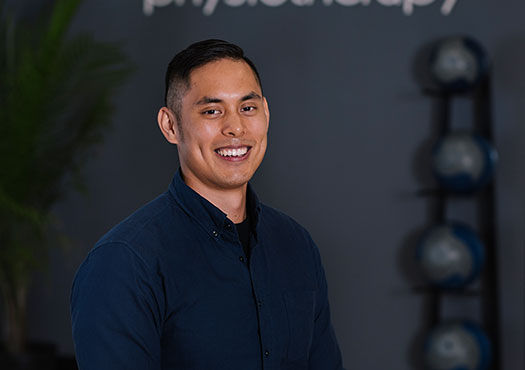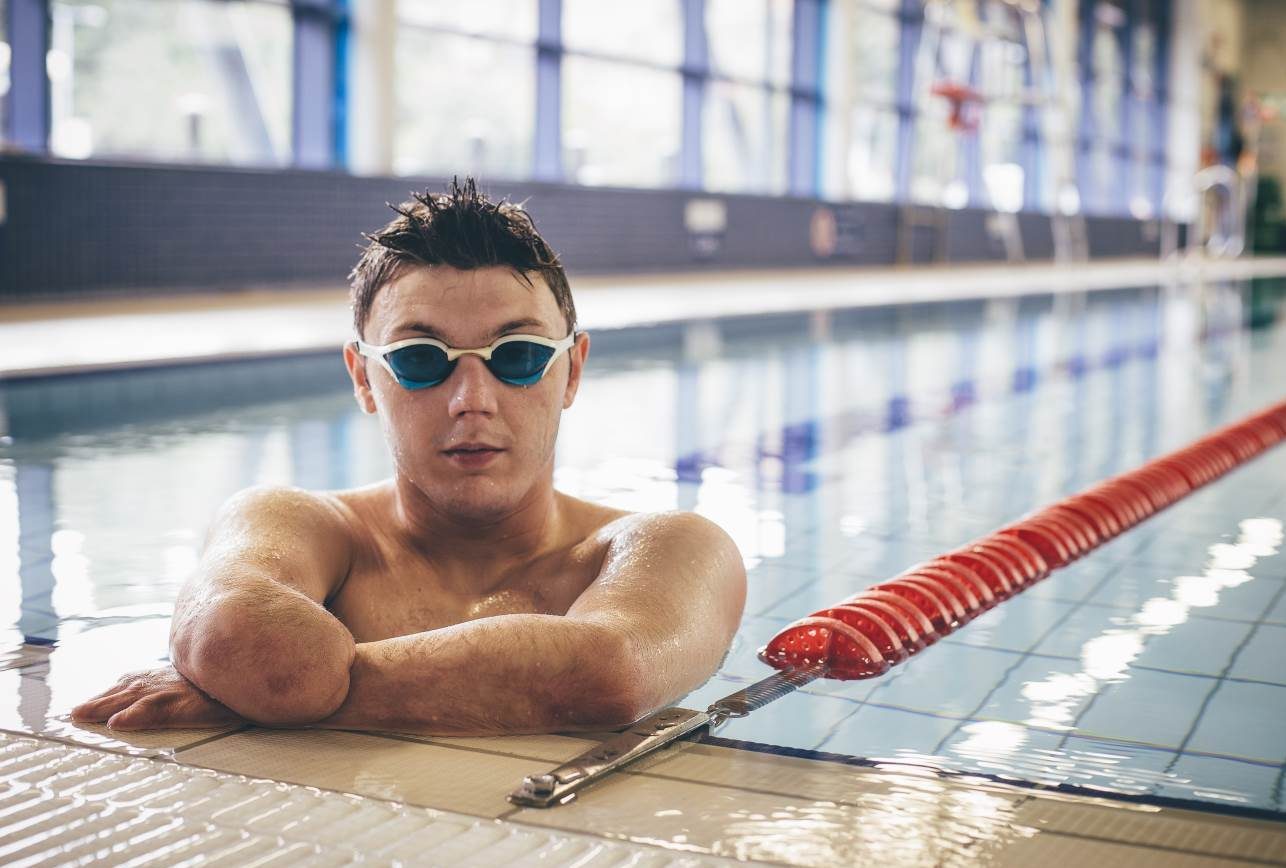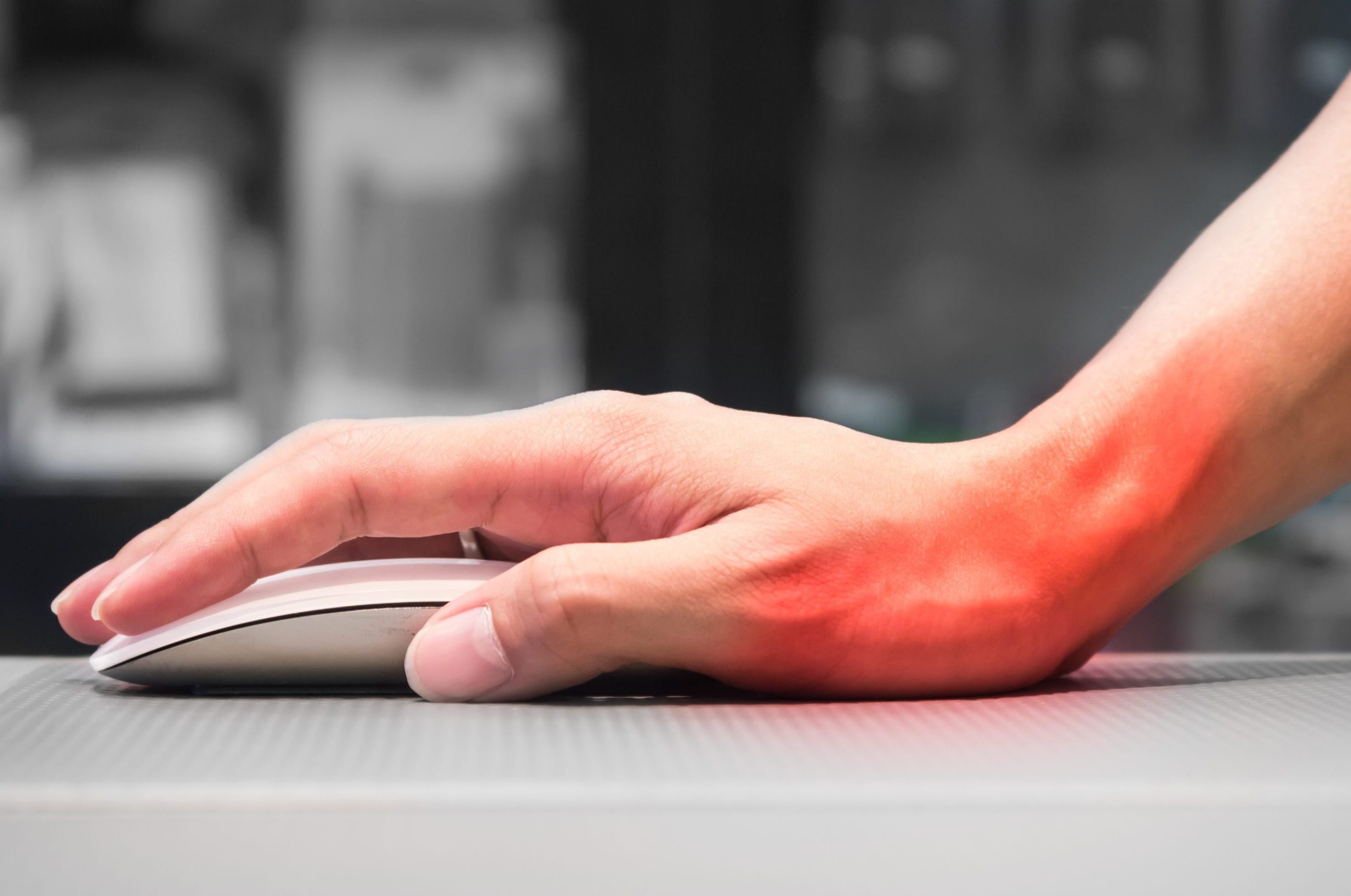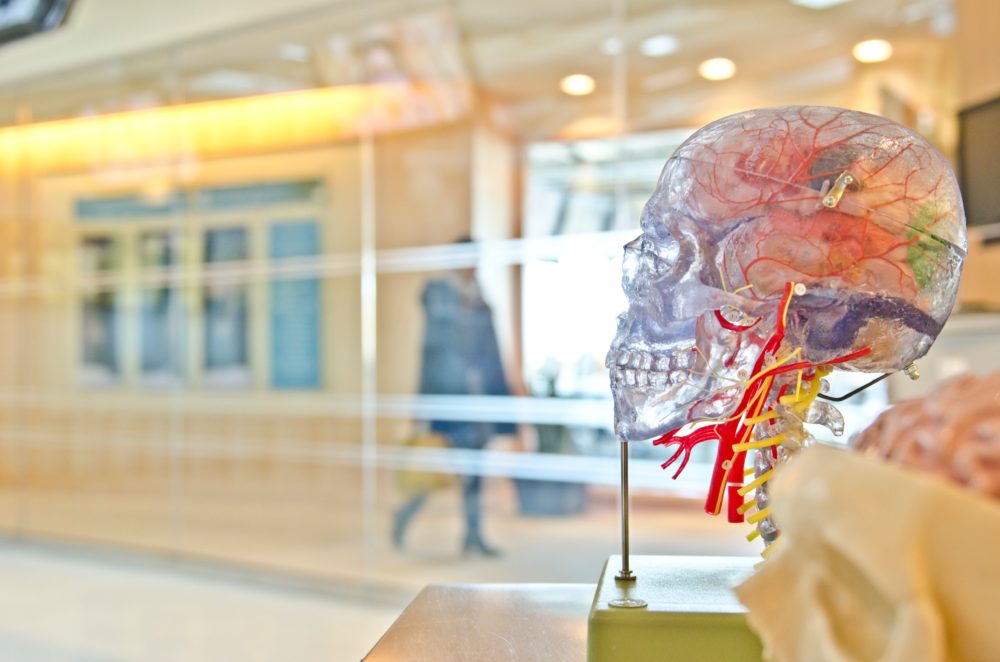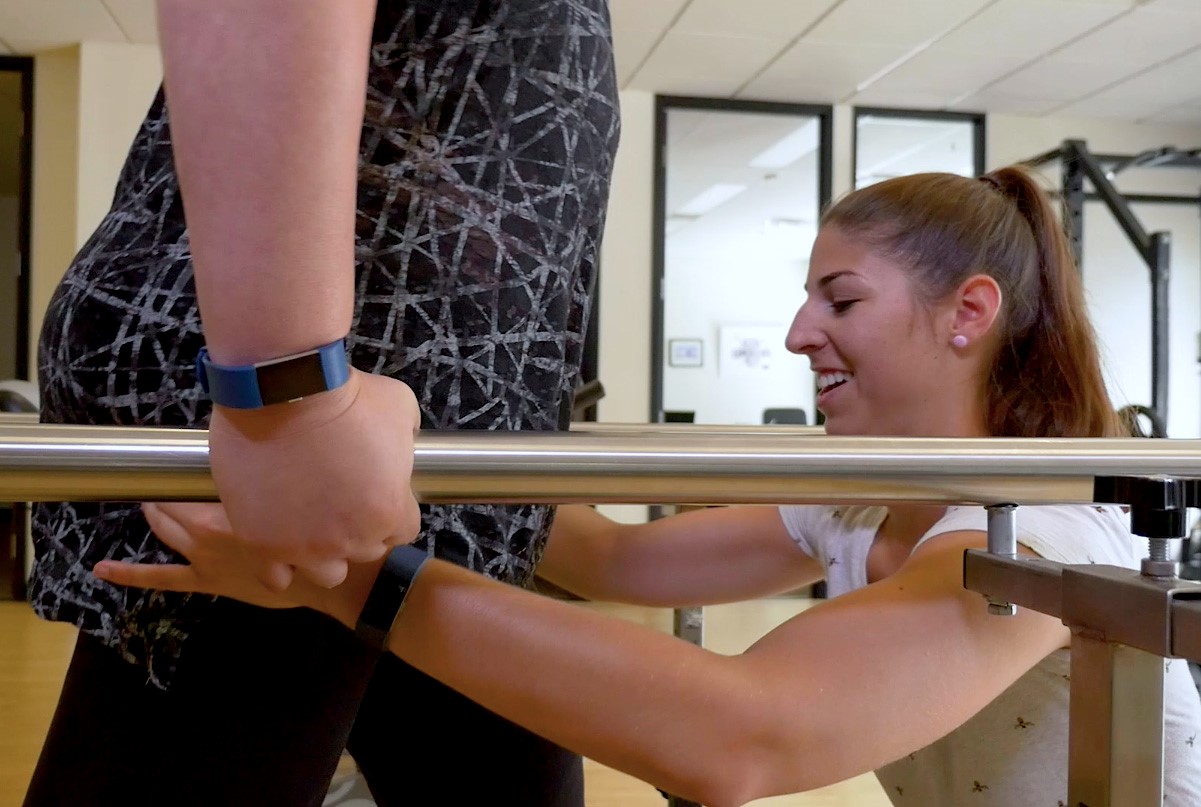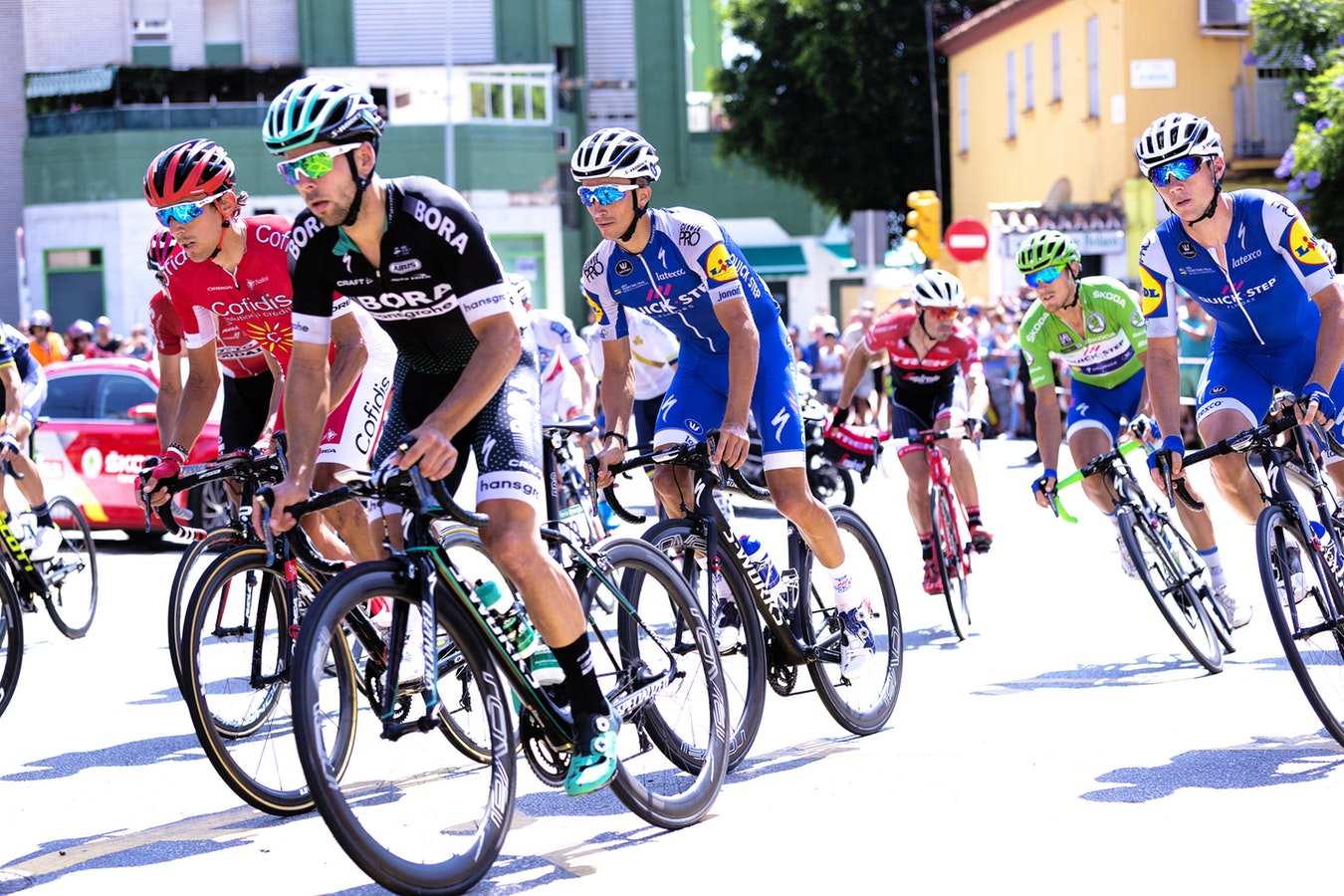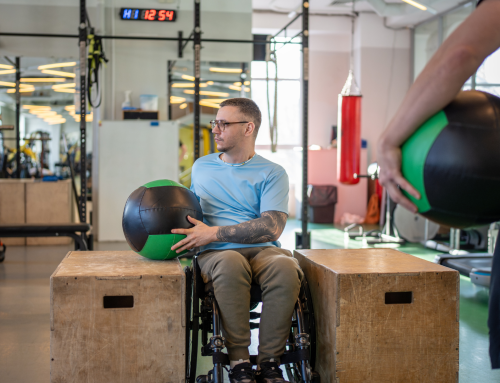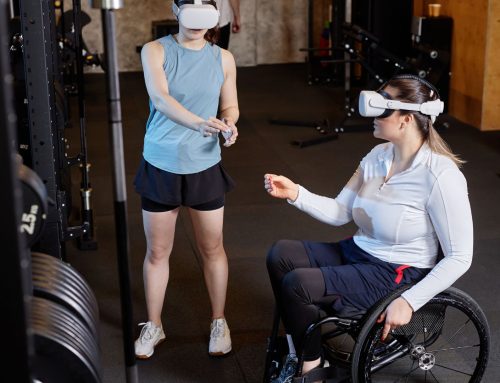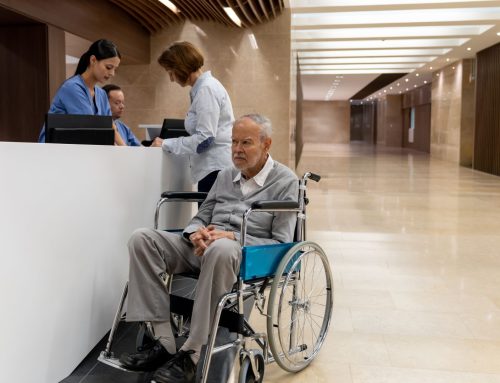Did you know that there are six types of headaches with different characteristics, aggravating factors and symptoms? Many people are diagnosed incorrectly. This can leave people with recurrent headaches with little management strategies, poor personal and societal burdens of pain, decreased quality of life, and financial implications across industries.
As anyone who has suffered from headaches can tell you, they can be disabling and lead to unwanted time off work, leisure activities, sports, and other activities of daily living. According to the World Health Organization[i] , headache disorders are the most common disorders of the nervous system. In this article, we examine the six types of headaches, proper diagnosis, and management solutions without medication.
Types of Headaches
Headaches can be separated into two broad categories: primary and secondary. Let’s examine each broad category a little closer.
Headaches are categorized as primary when the headache is the main issue at hand. Primary headaches can be very painful and disabling, but despite their qualities, they are not ultimately dangerous. Their onset is also mainly predictable and has a consistent pattern. Examples of primary headaches are tension-type headaches, migraines, and cluster headaches.
Headaches are categorized as secondary when the headache is not the main issue at hand; and is a secondary symptom to another underlying condition. Secondary headaches maybe a warning sign to other deleterious conditions. These types of headaches may have a sudden and unpredictable onset. [ii]
Examples of secondary headaches are cervicogenic headaches, post-traumatic headaches, and headaches related to central nervous system injuries (e.g., brain injury, stroke, concussion).
Getting the Right Headache Diagnosis
In order to address the headache appropriately, an appropriate diagnosis must occur and next steps or strategies can be formulated.
Registered physiotherapists can assess and diagnose certain types of headaches, including tension headaches and cervicogenic headaches. A registered physiotherapist can help to rule out other serious pathology that may require further medical investigation.
Although a registered physiotherapist cannot diagnose a concussion, they will be able to help you along with the intensity and frequency of the headaches you experience from the concussion, which would be considered a secondary headache.
With any type of headache, if the symptoms are severe and unrelenting, the registered physiotherapist may suggest you return to your family physician to obtain a referral for a neurologist or another specialist.
The video below illustrates the variety and severity of headache types [iii], which includes:
- Tension Type Headaches
- Migraines
- Cluster
- Cervicogenic
- Central Nervous System
- Trigeminal Neuralgia
Headache Management Without Medications
Physiotherapy, massage therapy, exercise guidance, and mindfulness practice can assist in symptom management of many of the types of headaches listed above and are a non-pharmacological approaches to headache management.
Through various hands-on techniques such as massage, manipulation, mobilization and soft tissue techniques, therapists can help release the neuromuscular causes of tension and headaches.
Exercises focusing on stretching, postural correction and optimizing range of motion will also contribute to the overall prevention of many types of headache. Modalities such as acupuncture, TENs, taping and shock wave therapy may also be utilized to manage pain.
In addition, physiotherapy and ergonomic guidelines can also assist in optimizing posture and limit unnecessary strain on smaller muscles that contribute to tension in the cervical spine and head.
Physiotherapy for Headaches: Tension and Cervicogenic
Tension type headaches and cervicogenic headaches are often treated conservatively with physiotherapy.
Tension type headaches are one of the most common types of headaches and are often the reason many people seek a management solution without medications to address the symptomology associated with it.
Tension type headaches tend to respond to pain modulating modalities (e.g., thermotherapy, acupuncture, shockwave therapy) and exercises that assist in stretching or lengthening any shortened or dysfunctional musculature associated with the head and neck.
Cervicogenic headaches are often treated with proprioceptive exercises, postural correction, and manual therapy to help mobilize the cervical spine. Interestingly, the use of over-the-counter medications may serve as a very short-term solution. However, if the root of the problem is not addressed, it is almost certain that the headache will return.
At Propel Physiotherapy, our experienced and knowledgeable therapists can help assess and treat various types of headaches. Contact us for a complimentary consultation to learn more about our assessments and treatment solutions.
References
[i] Headache Disorders Fact Sheet, World Health Organization
[ii] Headache Classification Committee of the International Headache Society (IHS) The International Classification of Headache Disorders, 3rd edition. (2018). Cephalalgia, 38(1), 1–211. https://doi.org/10.1177/0333102417738202
[iii] The Complete Headache Chart, National Headache Foundation/
Written by


